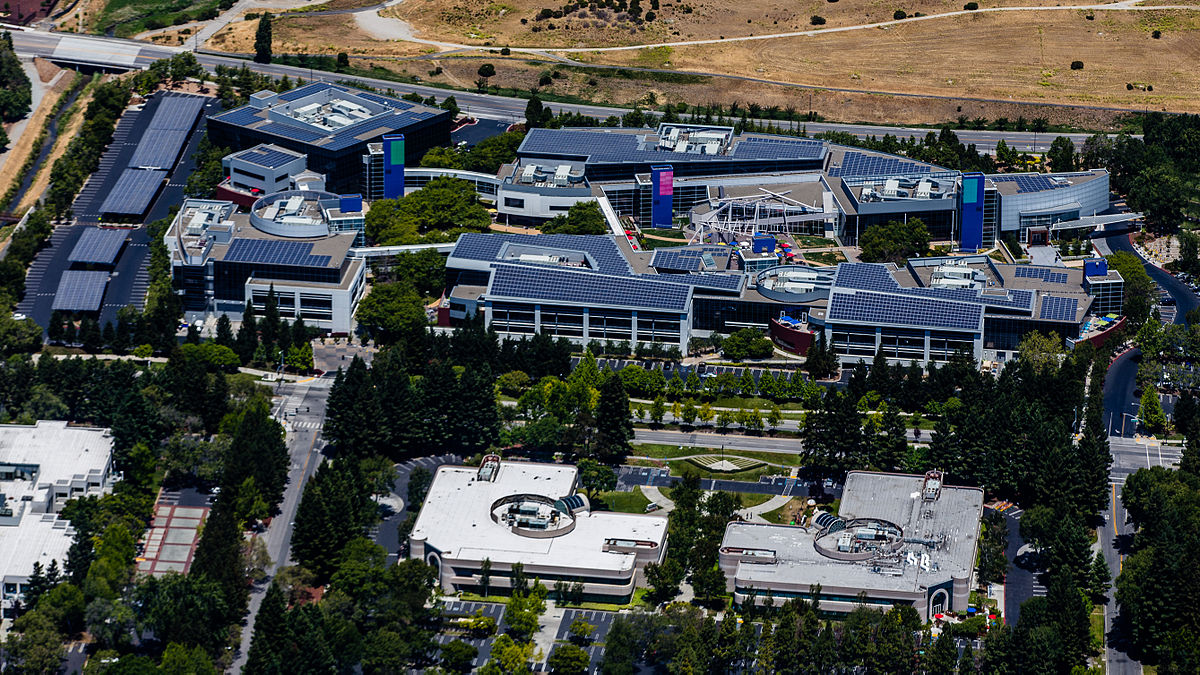
SAN FRANCISCO—Google’s earnings rose modestly in the second quarter as the Internet company’s expensive ambitions devoured most of a surprisingly strong gain in revenue.
The report released Thursday also showed that Google’s advertising prices are still dropping to extend a nearly three-year slump.
Meanwhile, the company’s expenses are steadily rising as it hires more workers, promotes products and ventures into new technological frontiers such as Internet-connected eyewear, driverless cars and robots.
Those trends have frustrated many investors, causing Google’s stock to lag the broader market this year even though most analysts still view the company as a prudent long-term investment. The company’s shares had gained 4 per cent through Thursday’s close, compared to a 6 per cent increase in the Standard & Poor’s 500 index.
Investors saw more positives than negatives in the second-quarter numbers as Google’s stock added $5.74 to $579.47 in extended trading.
Besides reviewing its second quarter, Google also announced Chief Business Officer Nikesh Arora is leaving the company after a decade to become a top executive at SoftBank. He will be replaced on an interim basis by Omid Kordestani, Google’s original advertising chief.
Arora is being allowed to keep an $8 million bonus that he was supposed to repay to Google if he left the company before April 25, 2015. In a Thursday regulatory filing, Google said it was waiving the requirement imposed on Arora when he received the bonus in 2012.
Google Inc. earned $3.4 billion, or $4.99 per share, during the April-June quarter. That compared to income of $3.2 billion, or $4.77 per share, in the same period last year.
If not for the costs of employee stock compensation, Google said it would have earned $6.08 per share. That figure missed the average analyst target of $6.23 per share, according to FactSet. It marks the third time in the last four quarters that Google’s adjusted earnings have fallen below analyst estimates.
Revenue totalled nearly $16 billion, a 22 per cent increase from a year ago.
After subtracting the commissions paid to Google’s advertising partners, revenue stood at $12.8 billion _nearly $500 million above analysts’ projections.
Excluding its cost of revenue, Google’s core expenses in the second quarter jumped 26 per cent from last year.
The increase included the addition of another 2,200 employees during the quarter. Google hired about 4,300 employees through the first half of the year to increase its payroll to about 52,000 people. The expansion contrasts with a contraction at one of its main rivals, Microsoft Corp., which announced plans Thursday to lay off 18,000 workers.
Google’s revenue growth is being held back by a persisting decline in the average prices for the ads that appear alongside search results and other Web content, a measure known as “cost per click.” The average price fell by 6 per cent from the same time last year, marking Google’s 11th consecutive quarter of erosion.
Ad prices have been sagging because marketers haven’t been willing to pay as much to pitch consumers who are squinting at the smaller screens on the smartphones that are drawing eyeballs away from desktop and laptop computers. Google executives are confident advertisers eventually will be willing to pay more to connect with prospective customers on smartphones and tablets as mobile computing becomes even more pervasive.
The desktop-to-mobile transition would be hurting Google even more if people weren’t clicking on ads more frequently. The volume of activity is important because Google bills advertisers when people click on a promotional link. Google’s paid clicks during the second quarter climbed 25 per cent from last year.
Although Google still makes most of its money from Internet searches, the company has been generating more revenue from other channels such as YouTube and its “Play” store that sells content and applications for the more than 1 billion devices running on its Android software.
Google executives consistently say YouTube is attracting more advertisers without providing specifics. The research firm eMarketer is expects YouTube’s ad revenue to total $5.6 billion this year, a 51 per cent increase from last year.
The Mountain View, California company also doesn’t disclose its Play sales, but says the mobile store generates most of its revenue outside of digital ads. Google’s non-ad revenue totalled $1.6 billion in the second quarter, a 53 per cent increase from last year.